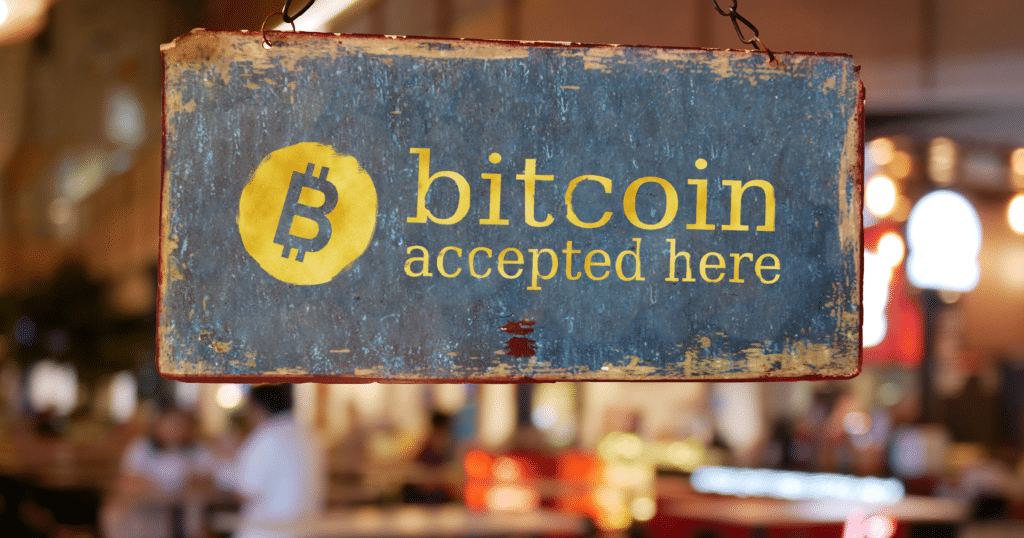Bitcoin is the first peer-to-peer (P2P) currency. Peer-to-peer means no central authority issues new coins or tracks transactions.
The creator of bitcoin is known as Satoshi Nakamoto, and he deployed the coin in 2009 after the 2008 financial crisis. He then gave software developer Gavin Andresen the source code repository and the alert key for bitcoin.
21 million coins in 2140
Afterward, Satoshi distributed domains to well-known people in the bitcoin community and distanced himself from the project. To date, his real identity remains unknown. He created bitcoin to address the double-spend problem in digital currencies without involving banks or governments.
Satoshi Nakamoto created bitcoin with a limited supply. This design helps bitcoin maintain its value. In bitcoin’s lifetime, miners will mine 21 million coins only. This is expected to happen sometime in 2140.
How bitcoin works
All bitcoin transactions are registered on a virtual ledger called blockchain. Satoshi also invented the blockchain and made the first bitcoin transaction to the computer scientist Hal Finney.
The blockchain is a growing list of records called blocks. Each block contains confirmed bitcoin transactions. Every transaction is confirmed in 10 to 20 minutes in a process known as mining.
Unlike bank ledgers, the blockchain is transparent, and anyone can see all transactions on it. While all transactions are there for the public to see, you cannot see the real identities of the parties in a transaction. This fact makes bitcoin pseudo-anonymous.
Like sending emails
The sending or receiving of bitcoin works like sending emails. However, bitcoin transactions involve a wallet and an address. A bitcoin wallet is an application that can be installed on a mobile device or desktop to help the parties in a transaction to send or receive bitcoin.
After installing a bitcoin wallet on your device, you get a bitcoin address. Each bitcoin address should only be used in a single transaction. Each bitcoin wallet has secret data called a private key, which signs transactions, showing that transactions have come from the wallet’s owner. The signature also prevents anybody from tampering with the transactions.
Bitcoin mining
As mentioned above, bitcoin transactions are only recorded on the blockchain if they are confirmed through mining. This process involves a computer performing mathematical calculations to confirm transactions on bitcoin’s blockchain.
People known as miners conduct this activity using advanced machines. They get a reward for each block mined.
After Satoshi launched bitcoin, the system awarded bitcoin miners 50 bitcoin for each block mined. The mining proceeds to decrease by 50 percent every four years in a process known as halving. Today, bitcoin miners earn 12.5 bitcoin for every block they mine.
Bitcoin’s price history
At launch, bitcoin was almost worthless. Two years after going live, bitcoin hit $1 and traded as high as $31. In 2013, bitcoin’s value increased again, and the cryptocurrency’s value reached $1,242.
Four years later, bitcoin gained more value to reach $3,200. At the end of 2017, bitcoin’s value increased to set an all-time high of $20,000.
After this, bitcoin’s price dropped again and closed last year trading at around $3,000. At the time of writing, bitcoin is trading at around $10,700 (June 2019).





